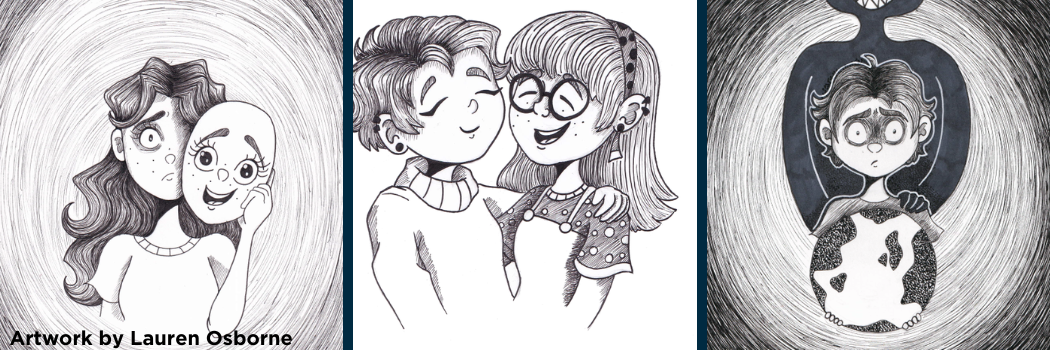
We're part of a team behind a new healthy relationship guide written specifically for autistic people.
Autistic people are more likely to experience abuse within a relationship than non-autistic people.
The guide, written by a team including academics and autistic advocates, is designed to help autistic people recognise the signs of abusive or unhealthy relationships.
Red flags
The new guide uses a traffic-light style 'red flag' and 'orange flag' approach.
Red flags are described as signs that relationship may be abusive. These include coercion, control, violence, dishonesty, physical or verbal abuse, belittling and threatening.
Orange flags are signs that a relationship is not working very well, perhaps because those people are not well matched or have different values, needs or interests.
The guide also discusses 'green flags' – signs of when a relationship is positive. These include feeling respected, supported, and safe, sharing interests, and being able to be yourself in the relationship.
Informed by experience
The guide is part of a project funded by the Violence, Abuse and Mental Health Network exploring autistic adults' experiences of violence and abuse in relationships.
The project team, led by Dr Amy Pearson from our Department of Psychology, wrote the guide following feedback from autistic people on the need for educational resources on relationships.
It is based on testimonials and experiences that autistic people have shared with the team.
Addressing an information gap
Speaking about the guide, autism advocate Kieran Rose, who was part of the project team, said: "There is dearth of relevant information with regards to the experiences of Autistic people who experience intimate partner violence, and therefore an enormous gap in the meeting of need for those people too.
"This research is key to platforming Autistic people's experiences of intimate partner violence and providing victims with both a voice and resources. It also shines a light on processes of 'support', that simply aren't informed or structured well enough to meet the need that exists."






